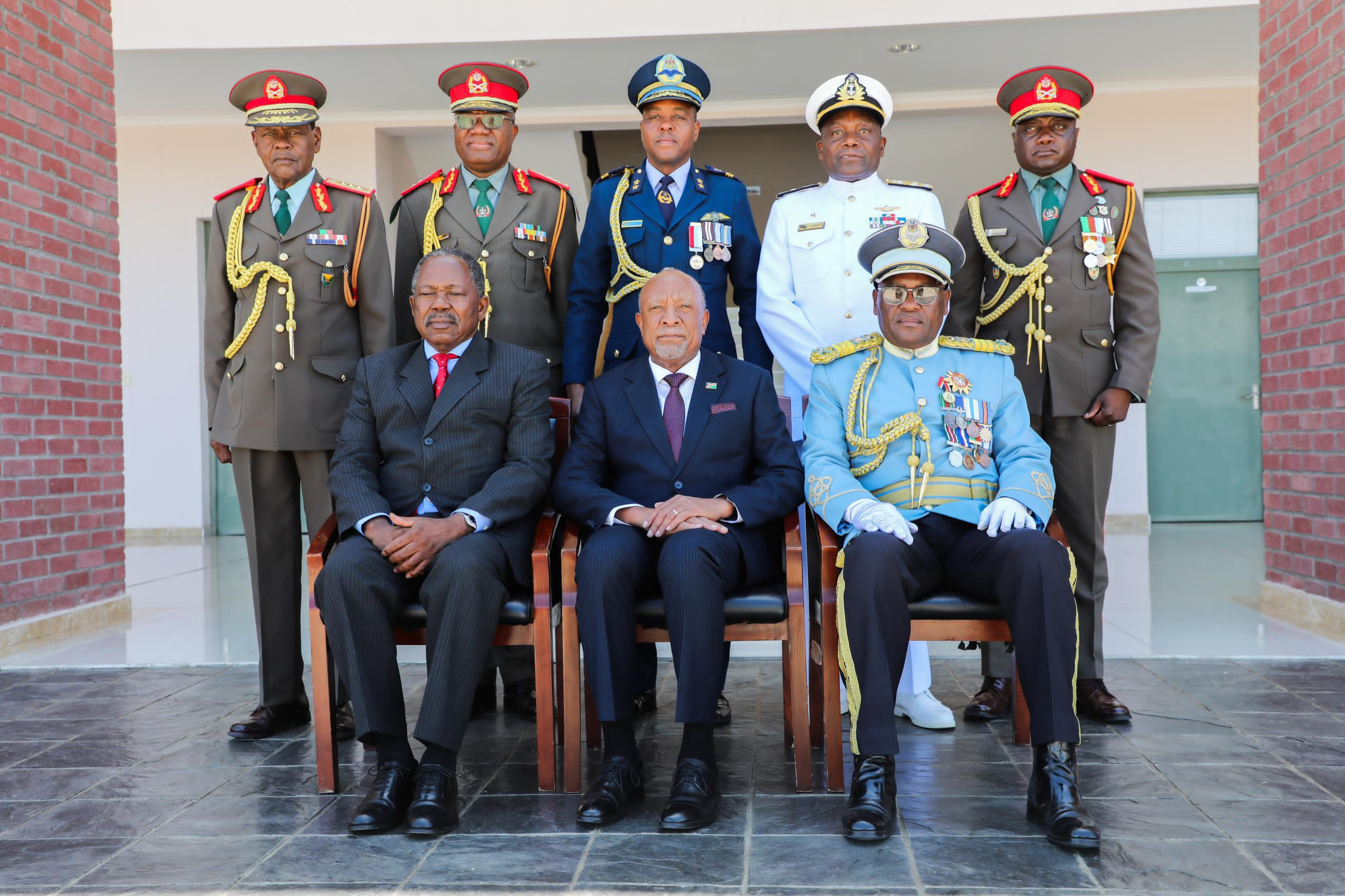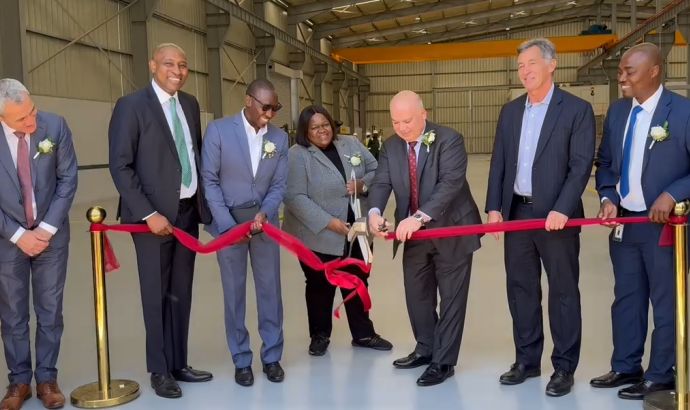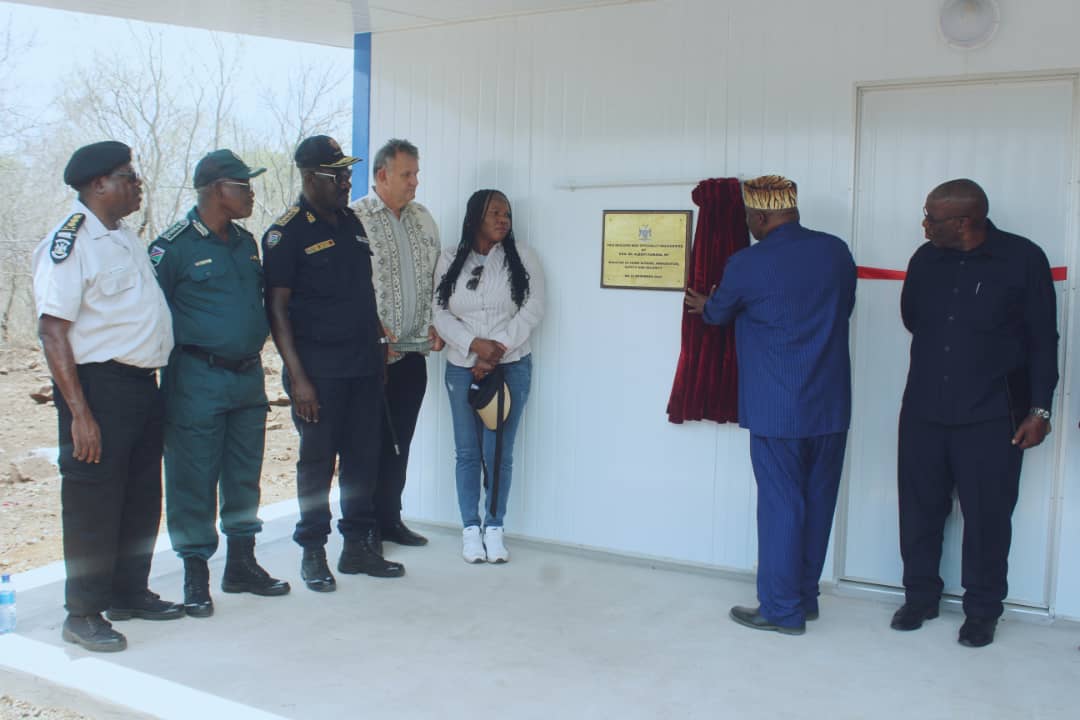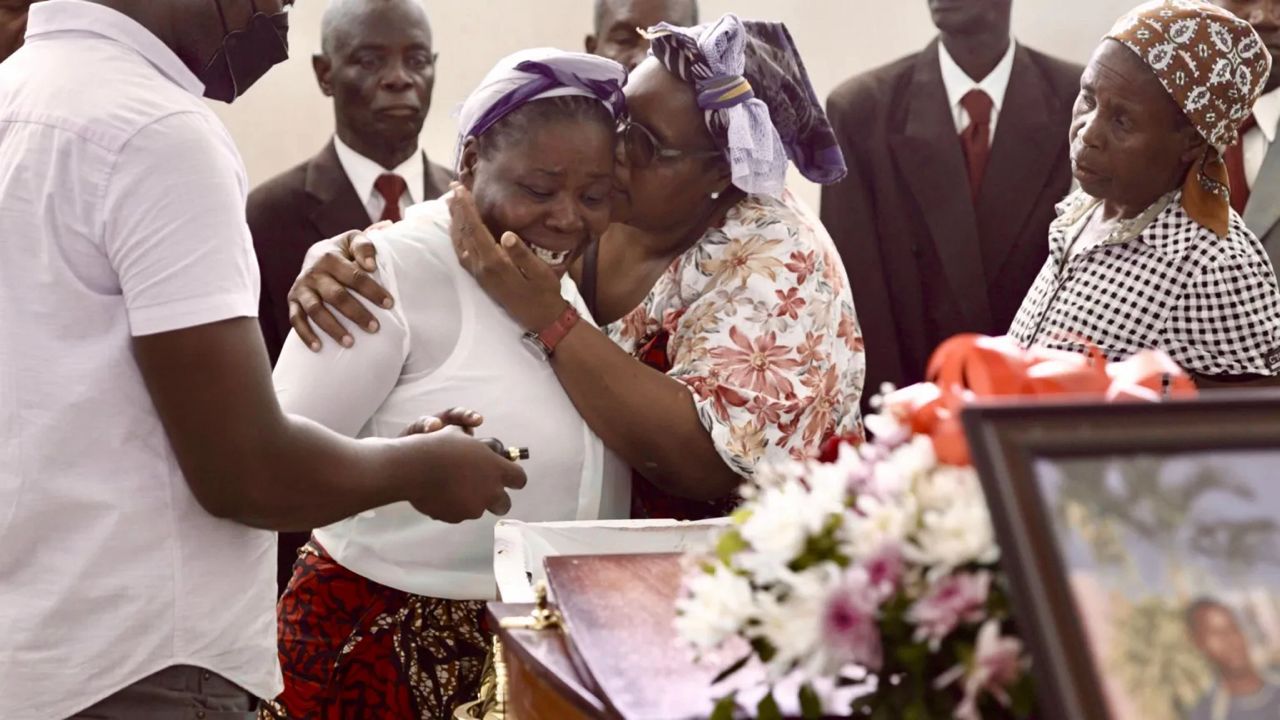The Namibian Society of Physiotherapy (NSP) is urging the nation to reflect on the importance of physiotherapy in the country’s healthcare system.
World Physiotherapy Day is observed annually on 8 September.
“Physiotherapy is not well known in Namibia,” says NSP chairperson Christine Nashenda.
“Despite the critical role physiotherapists play in managing conditions like lower back pain (LBP), their contributions remain largely underappreciated,” she adds.
According to Nashenda, the theme for this year’s World Physiotherapy Day, ‘Low Back Pain and Physiotherapy’, emphasises the crucial role physiotherapists play in preventing and managing the common and debilitating health issue.
She says the NSP will use the upcoming observance to bring attention to the profession’s potential to alleviate the burden of non-communicable diseases and improve overall public health.
“In Namibia, many people are still unaware of how physiotherapy can enhance their quality of life. This lack of awareness is particularly concerning given the rising incidence of LBP pain across all age groups, including children and adolescents,” she adds.
Physiotherapy offers effective, non-invasive treatments that can significantly improve patient outcomes, yet it is not fully integrated into Namibia’s healthcare system, says the chairperson.
The NSP has identified several critical challenges facing the profession, including a severe shortage of physiotherapists, particularly in the public sector.
Nashenda says the shortage is worsened by the physically demanding nature of the work and inadequate remuneration, which makes it difficult to retain skilled professionals.
“We need to address the imbalance between urban and rural areas and between private and public sector physiotherapy services. Integrating physiotherapy into the primary healthcare model is essential to ensure that more Namibians can access these vital services,” she says.
The NSP emphasises the need to attract more young Namibians to the profession and noted that while the University of Namibia’s bachelor of science in physiotherapy programme is a significant step forward, more needs to be done to encourage students from all regions to pursue careers in this field.
“We’re especially encouraging high school students from rural areas to consider physiotherapy as a career,” says Nashenda.
“Graduates from these regions are more likely to return to their communities, helping to bridge the current gaps in service provision.”
With an estimated 619 million people worldwide experiencing LBP in 2020 (that’s approximately 1 in 13 individuals), it’s time to address this silent epidemic, says Nashenda.
“LBP knows no boundaries, it strikes across ages, affecting both young and old. While most cases resolve within a few weeks, chronic LBP lasting more than three months remains a persistent challenge for a minority of sufferers.”
Nashenda says 90% of LBP cases are non-specific, with no single identifiable culprit (such as a joint, muscle, ligament or disc).
“It’s not linked to any serious underlying disease, yet its impact is profound,” she adds.
Stay informed with The Namibian – your source for credible journalism. Get in-depth reporting and opinions for
only N$85 a month. Invest in journalism, invest in democracy –
Subscribe Now!






